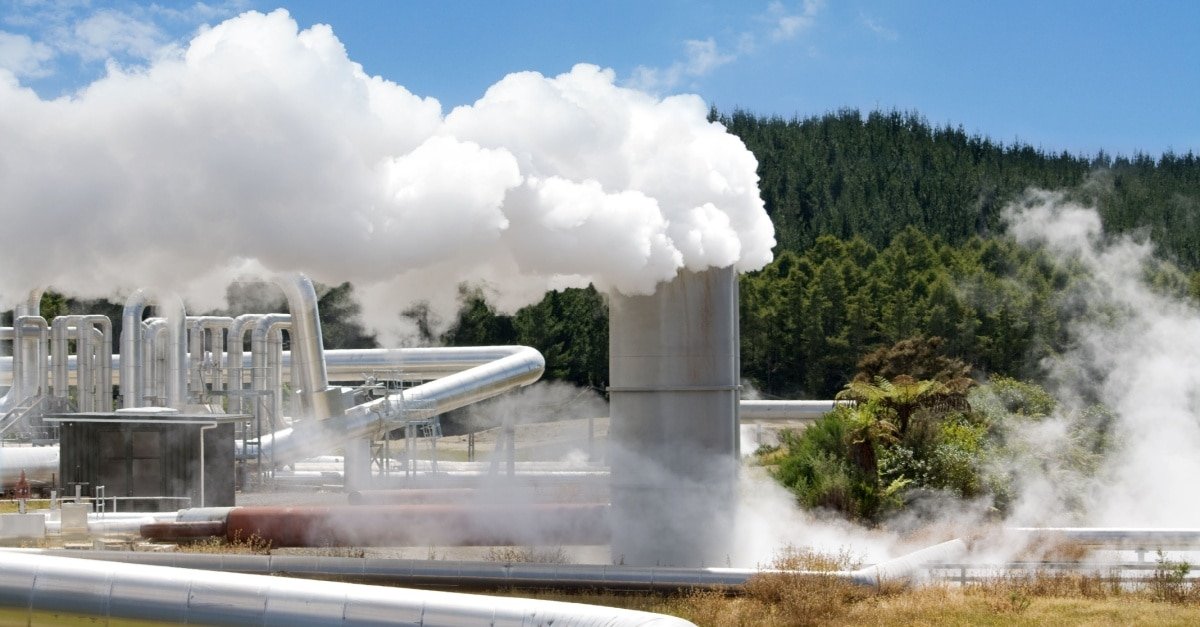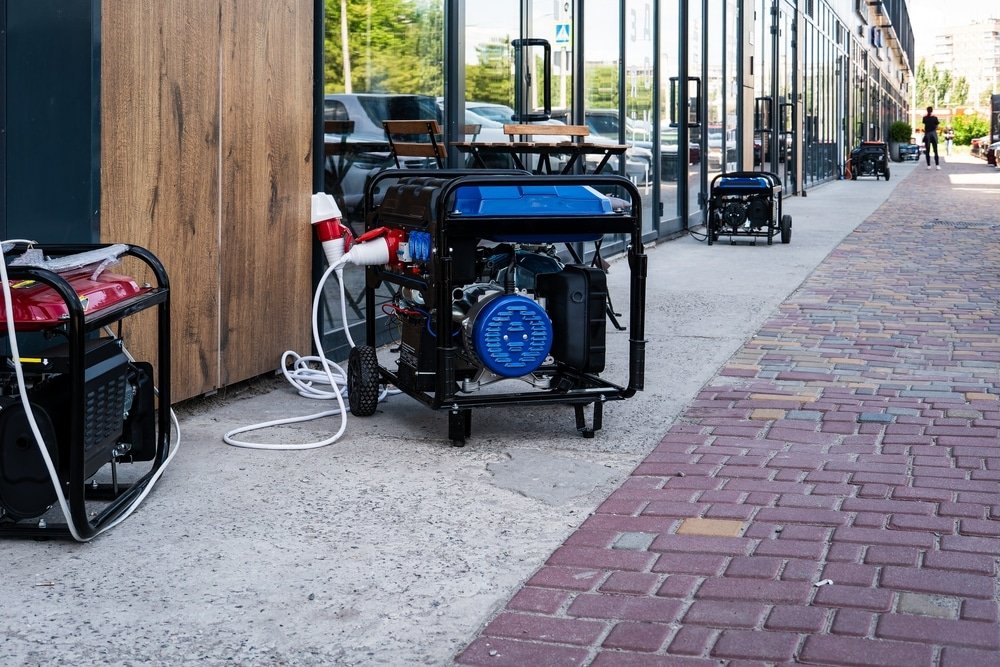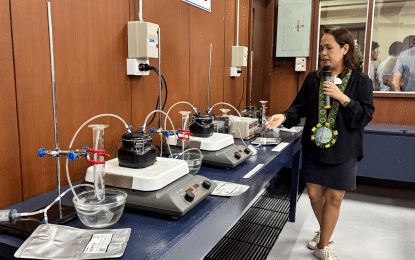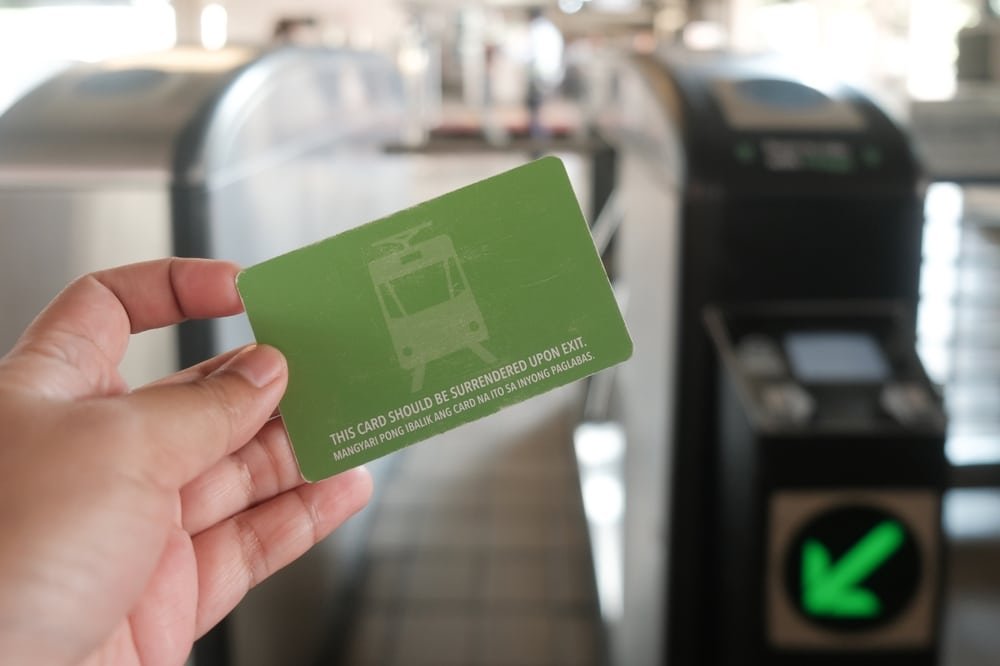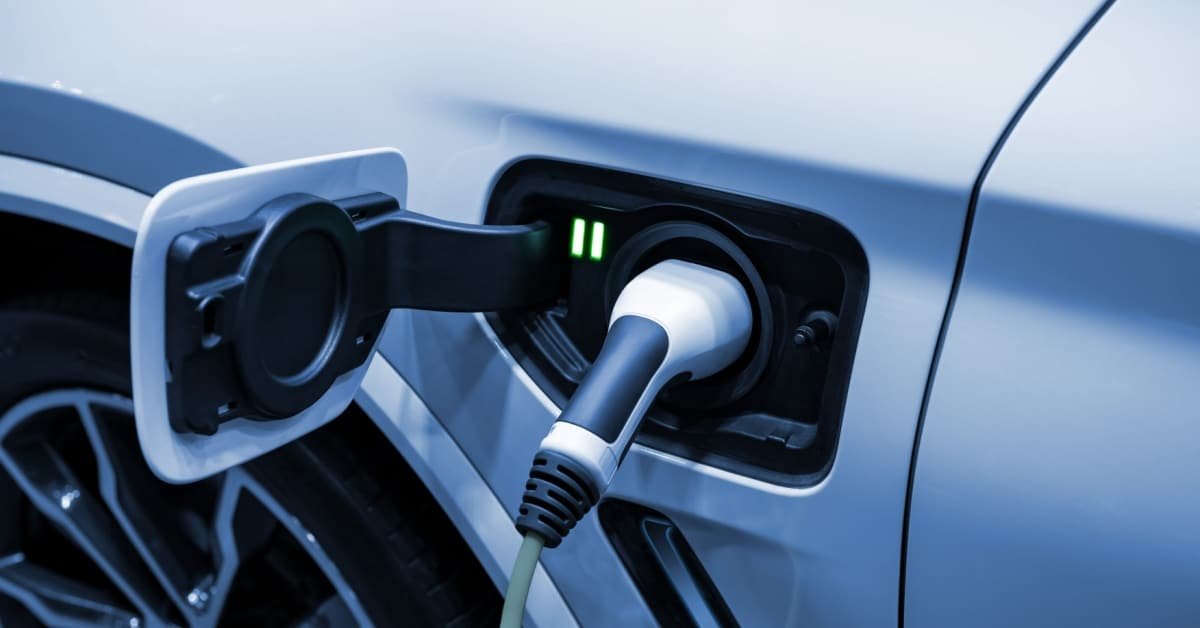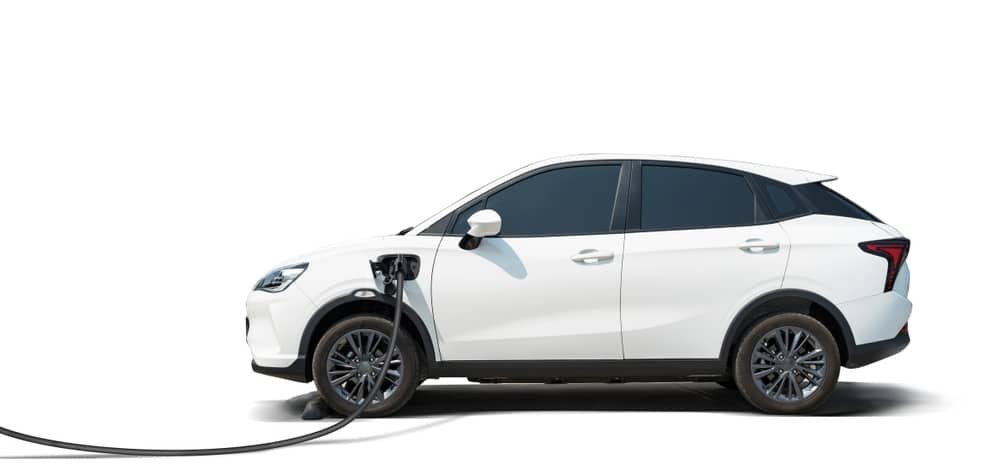
Cars and vans are responsible for most carbon emissions in transportation worldwide. This is according to a study by Statista which recorded a 48% share in CO2 emissions for cars and vans in 2022. The share is significant because next to cars and vans were heavy freight vehicles at 16%, and international shipping at 10%.
Excessive carbon emissions lead to global warming. So what do we do when we want to stay mobile but don’t want to be responsible for climate change? Right now, the best alternative is hybrid cars. But just how sustainable are they? Here’s a closer look at what hybrid cars are and how they benefit the planet.
What is a hybrid car?
Hybrid cars may look like regular cars but unlike conventional automobiles, hybrid cars have two sources of power: an electric motor powered by a battery, and an internal combustion engine (ICE). Regular cars run on ICE and require fuel. A hybrid car uses both battery and fuel, switching from motor to engine depending on the needs of the drive. In this way, the car is able to run more efficiently.
On low speeds and stop-and-go driving in cities, the hybrid car uses the electric motor. Rather than idling, as is the case with conventional cars, the electric engine stops when you are at a stop light, thus saving energy. The electric motor also allows you to start up fast when the light turns green, with no waste of energy.
The ICE kicks in at higher speeds, where it is most efficient. The electric motor also assists when the car needs to climb an incline, saving fuel.
Hybrid cars are built to run more efficiently and were created as a sustainable alternative to conventional cars. Here’s how hybrid cars benefit the present and future generations.
How hybrid cars are sustainable
They help protect the environment. Hybrid cars use less fuel and when they do, they use it more efficiently. In this way, they reduce emissions and conserve resources.
They help you save money. Because hybrid cars require less fuelling up, you save on gasoline expenses. Electric motors also have less moving parts so you can look forward to reduced maintenance costs.
They help improve health and well-being. Hybrid cars are healthier because they lessen air and noise pollution. They release less emissions and noise, making drives more pleasant and comfortable for everyone.
They support the government’s sustainability goals. Hybrid cars further the government’s aim for affordable and clean energy, sustainable cities, and climate action.
They are future-proof. As fossil fuels become scarce, hybrid cars help people remain mobile.
Some people are worried about the sustainability of batteries in hybrid cars. But experts are working hard to develop smaller batteries that require less precious metals as well as improving their life cycle.
Hybrid cars help people stay mobile without compromising the future of next generations. By protecting the environment from emissions, making life more comfortable without air and noise pollution, cost saving, meeting sustainability goals, and future-proofing the automobile industry, hybrid cars ensure a cleaner, healthier and more sustainable tomorrow.
References:
Chart: Cars Cause Biggest Share of Transportation CO₂ Emissions | Statista









